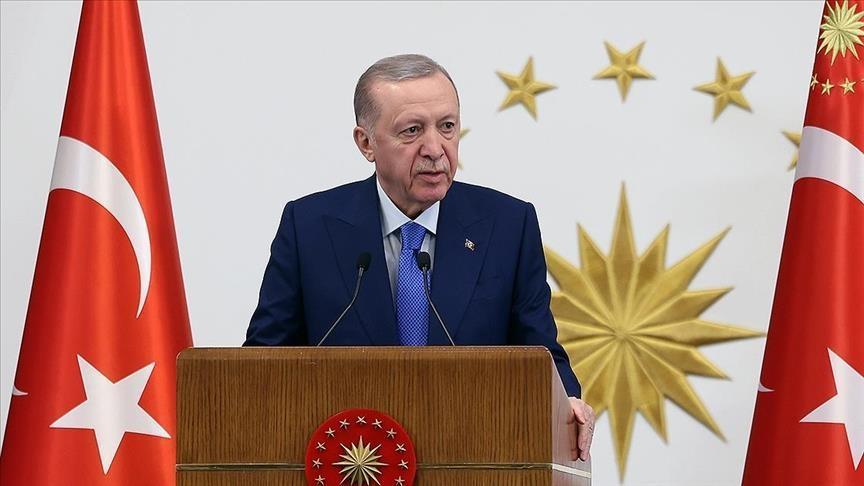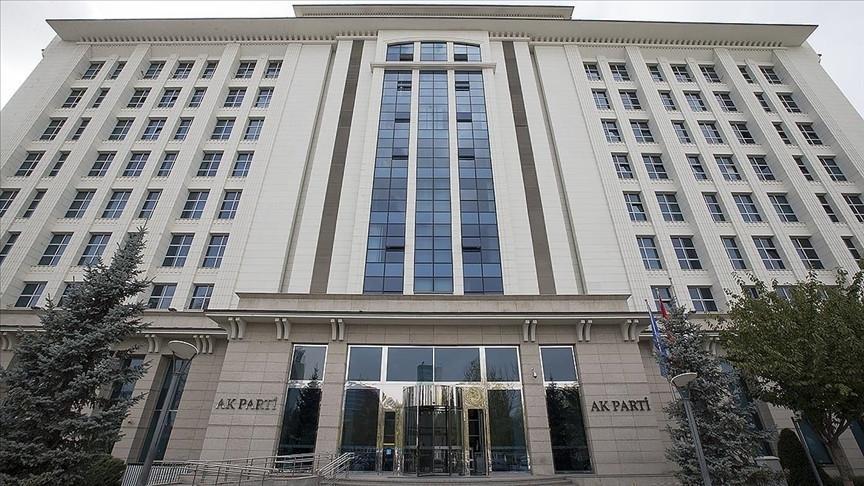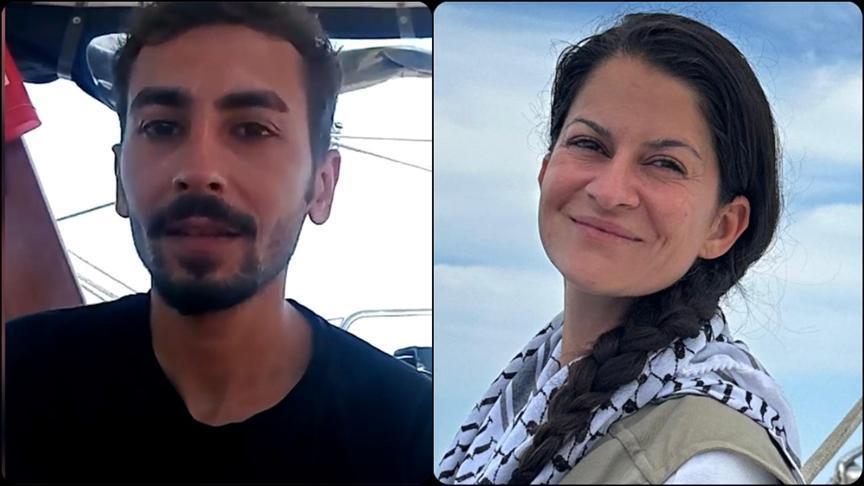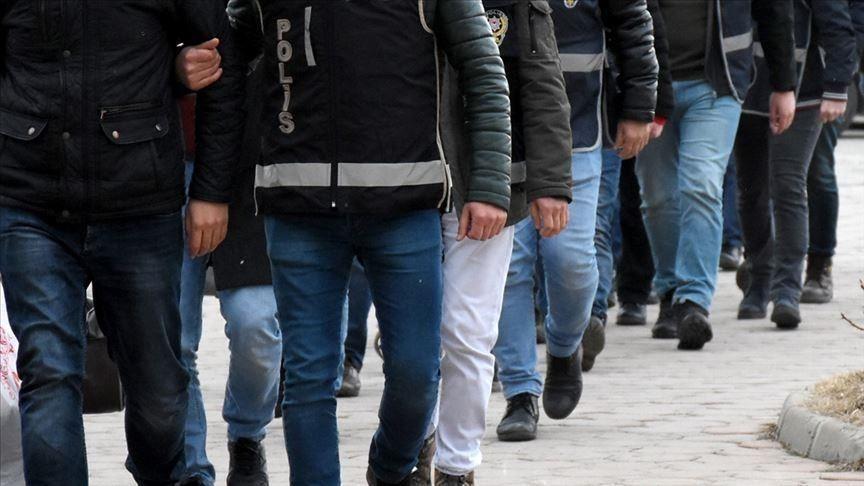Renowned Turkish neurosurgeon Yaşargil dies at 99
ISTANBUL
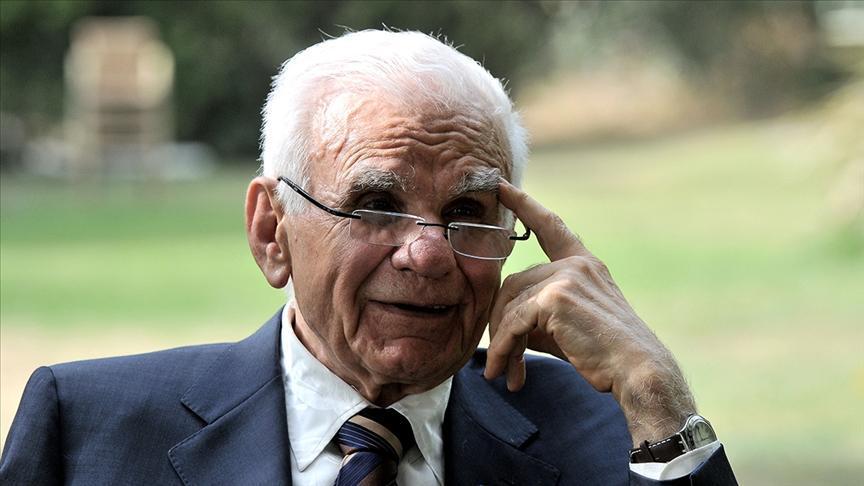
Professor Dr. Gazi Yaşargil, one of the most influential Turkish figures in modern neurosurgery and widely referred to as the "Father of Microneurosurgery,” has passed away at the age of 99.
Health Minister Kemal Memişoğlu confirmed his passing, expressing sorrow at the loss of a figure once named the “Neurosurgeon of the Century.”
In a statement, he praised Yaşargil’s lifelong dedication to science and medicine, noting his lasting contributions to the field and commitment to mentoring future generations.
Yaşargil is known for his innovations in microneurosurgical techniques, including the development of the "Yaşargil clip" used in neurosurgeries, which has become standard tool in operating rooms around the world.
He also developed methods for treating epilepsy and brain tumors, fundamentally changing how these conditions are managed.
Born in 1925, Yaşargil completed high school in the capital Ankara and began medical studies at Ankara University before moving to Germany in 1944. He later transferred to the University of Basel in Switzerland, where he completed his doctorate in 1950.
After early academic appointments in psychiatry at the University of Bern, Yaşargil shifted his focus to neurosurgery at the University of Basel. Between 1957 and 1965, he worked at the University Hospital in Zurich, becoming an assistant professor in 1965. That same year, he collaborated with Professor Peardon Donaghy at the University of Vermont and conducted groundbreaking research in microvascular surgery.
Until his retirement in 1999, Yaşargil served in various roles at the University of Zurich and its affiliated hospitals, ultimately becoming head of the Neurosurgery Department.
In recognition of his contributions, he was named the "Neurosurgeon of the Century" at the Congress of Neurological Surgeons in 1999.


